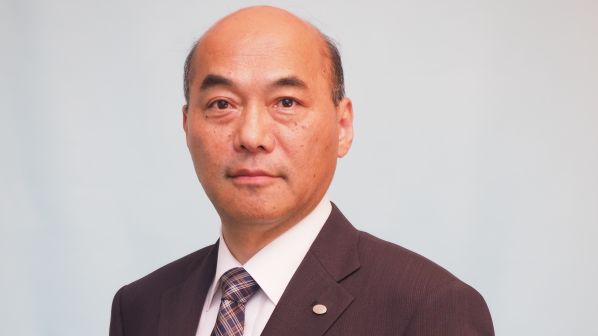RTRI’s Research 2025 agenda will run from 2020 to 2024, and in a speech to colleagues to mark the start of his tenure, Watanabe outlined the following principles, which are guiding the institute’s research:
- enhancing safety with an emphasis on improving resilience to natural disasters
- developing innovative railway systems based on digital technologies
- creating high-quality research outcomes by pursuing excellence across all activities
- enhancing international presence of Japanese railway technologies, and
- creating a work environment to help the employees develop their full potential and undertake challenging tasks.
“We will steadily continue research and development aimed at improving safety, cost reduction, environmental protection, and improving convenience in order to enhance the value of railways and to provide customers with safe and comfortable rail transport services again,” Watanabe says.
Watanabe succeeds Dr Norimichi Kumagai, who stepped down as president after seven years on June 12. Watanabe is a former executive vice-president of RTRI and the chairperson of the World Congress of Railway Research (WCRR) 2019, which RTRI hosted in Tokyo.
RTRI was incorporated on December 10 1986, just before the privatisation and division of Japanese National Railways (JNR), taking over the research and development activities of JNR when the Japan Railway (JR) Companies were established on April 1 1987. The institute is funded by each of the JR companies.
Three policies
Watanabe says to fulfil his responsibility of managing RTRI, he will keep in mind three policies.
“Firstly, we should keep an adventurous spirit to take on challenges,” he says. While Watanable says that digitalisation technologies have been showing spectacular progress, the circumstances around railways are changing dramatically in terms of passengers’ behaviours and supply chain business practices.
“Therefore, we may have to advance into new research fields and we may not be able to produce useful outcomes just by following our conventional ways of thinking and doing research,” he says. “I hope that RTRI’s researchers will be always ready to change things and address new research fields and challenging tasks.”
Secondly, he says the institute needs to raise the basic research ability of each researcher, including providing the insight to understand the essence of problems or various phenomena, and developing problem solving abilities based on scientific and engineering approaches.
“For this purpose, we will emphasise basic research that is important to train researchers’ fundamental research capability,” he says. “Since RTRI needs to conduct investigations into disasters and difficulties of railway facilities quickly and to propose effective measures, human development and construction of testing facilities for these activities will be continued.”
The third task outlined by Watanabe is to implement Research 2025.
“I will be doing this task, adding necessary changes to the plan according to circumstances,” he says.
“I am always trying to think positively and enjoy working. As research and development is to create new values that nobody has come up with before, it’s fun. Now is the time for us to enjoy our everyday work and keep going forward together.”

